
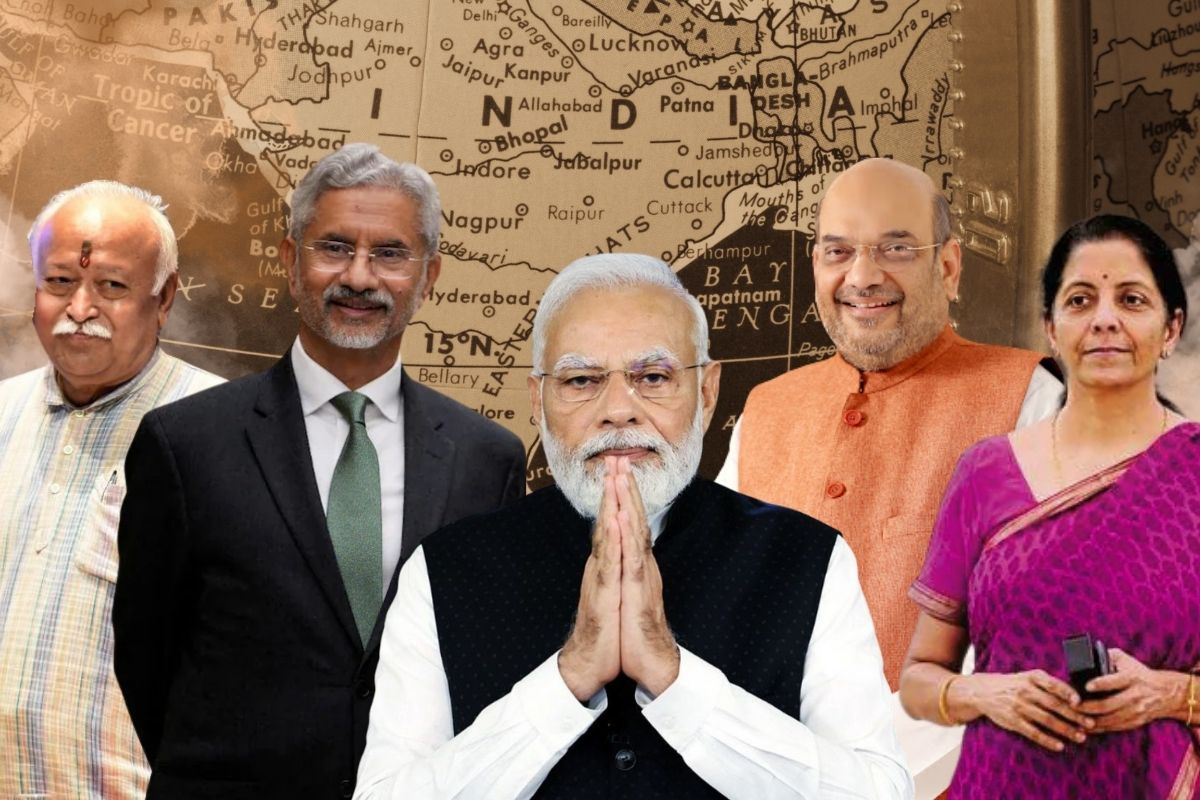

Have you pondered who wields the greatest influence in Indian politics today? A few names ring a bell for most of us, while some remain in the shadows yet influence crucial decisions. The list of the top 20 powerful politicians in India shows who is leading, shaping, and having the largest impact as of now. These politicians influence the politics of the country, policies, and public affairs. This article will give you all the information about the top 20 political figures in the country and why they matter.
Table of Contents
Toggle
Modi still continues to serve as the Prime Minister of India. In the year 2024, he got a third time in a row election to the position held, which proves one more time that the influence he has on the country does not seem to diminish anytime soon. During his tenure, Modi focused on the economic growth of the nation and led India on the global stage. Under his leadership, the nation has seen rapid infrastructural growth as well as the promotion of IT development and modernisation policies.

Amit Shah, as the Union Home Minister, has been serving the government at a high level. He is well-regarded for his problem-solving skills, having made critical legislative changes and attended to key issues of internal security. Shah’s ability to organize has strengthened the party’s connection at the roots while simultaneously retaining his excellent reputation in national politics.
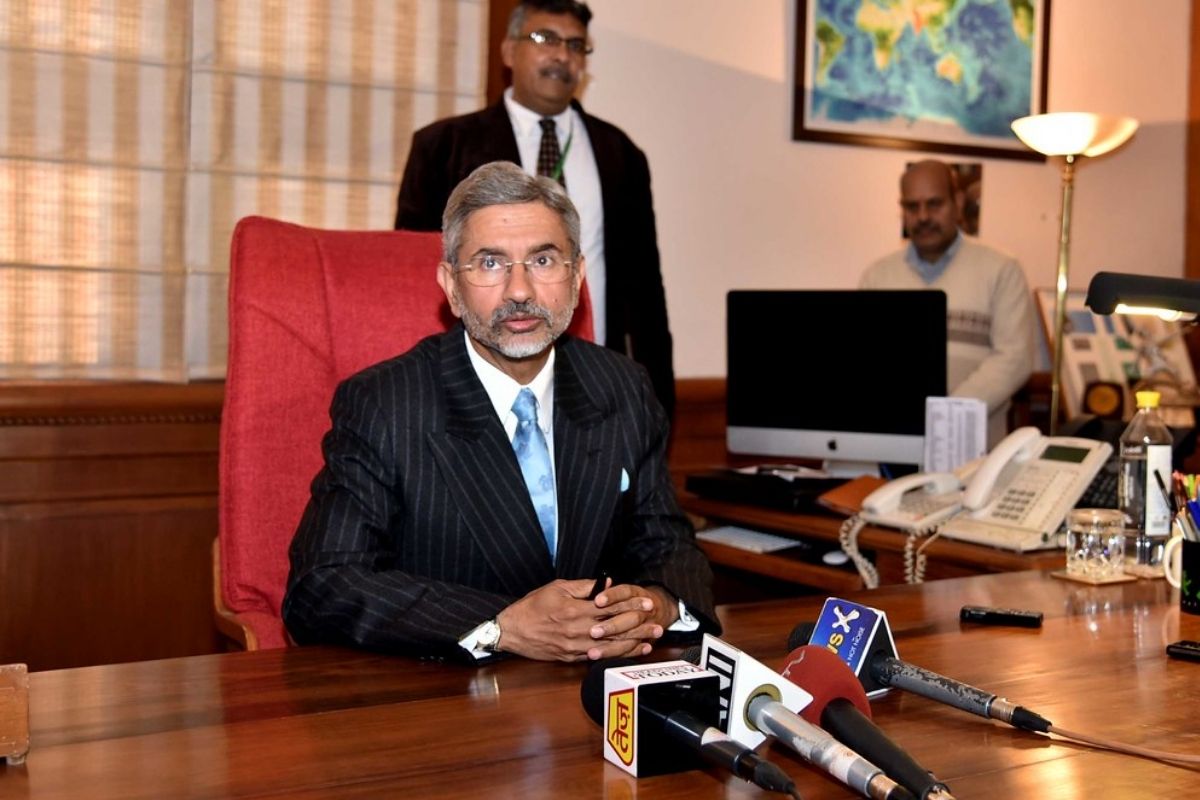
As the external affairs minister, S. Jaishankar is one of the most important people in charge of India’s foreign relations. His work in diplomacy has developed many partnerships for India and has resolved great international problems. His wealth of knowledge and profound specialisation have been crucial in establishing the international order.

As the chief of the Rashtriya Swayamsevak Sangh (RSS), Mohan Bhagwat continues to steer the ideological policies of the ruling party. His advice shapes a number of policies and also guides the political and social narrative of the society. Bhagwat’s active participation illustrates the role of ideological leadership in the Indian politics sphere.

As Finance Minister, Nirmala Sitharaman has been in charge of implementing India’s latest economic initiatives. She has been business-focused during her term in terms of policies such as dealing with the budget, economic reforms, and managing the economy during unpredictable global conditions. With her policies, India’s economy has remained stable.

He is the Chief Minister and principal administrator of Uttar Pradesh, which is the largest state by population in India. His government has concentrated on maintaining social order, balancing infrastructure and social welfare expenditures, and enacting social welfare policies. Adityanath has been appreciated and criticized at the same time for his leadership approach, which shows the extent of his political influence.
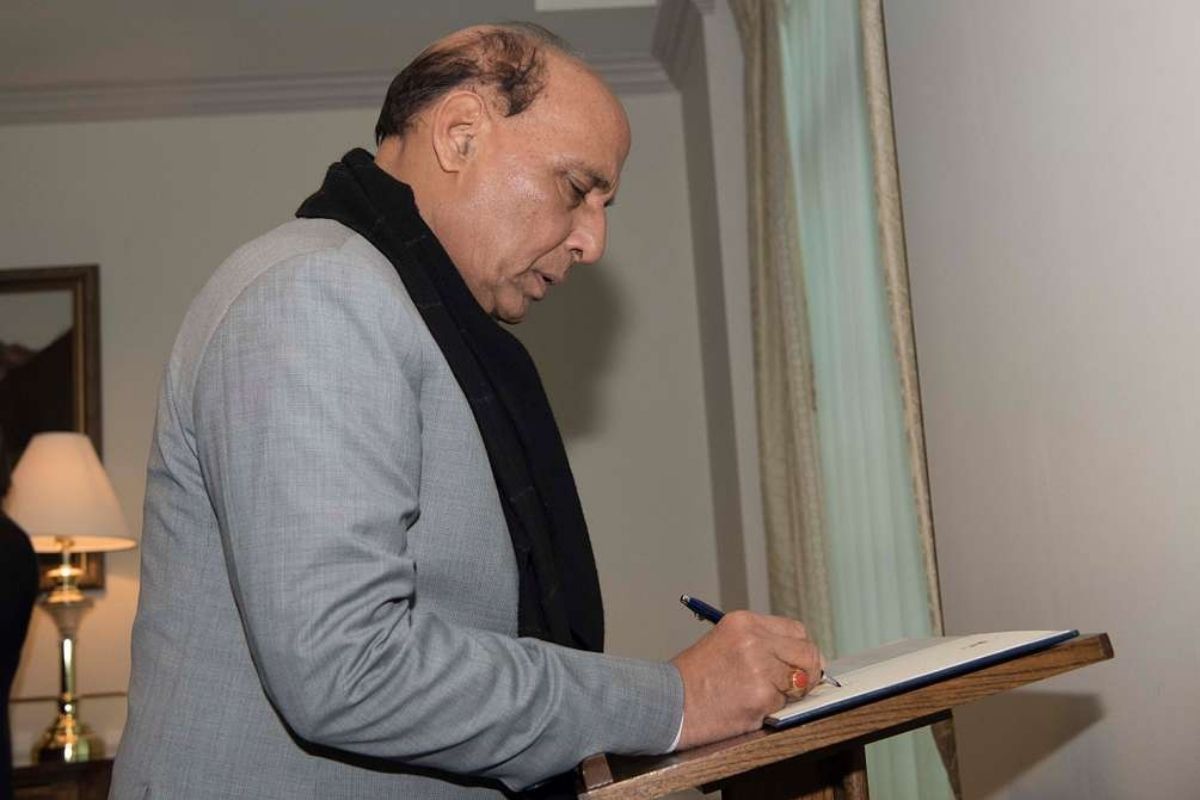
As the Defence Minister, Rajnath Singh is responsible for the military and defense of India. His leadership greatly helped in the modernization of the armed forces and in resolving issues pertaining to national security. Singh’s position strengthens the military preparedness of the country.
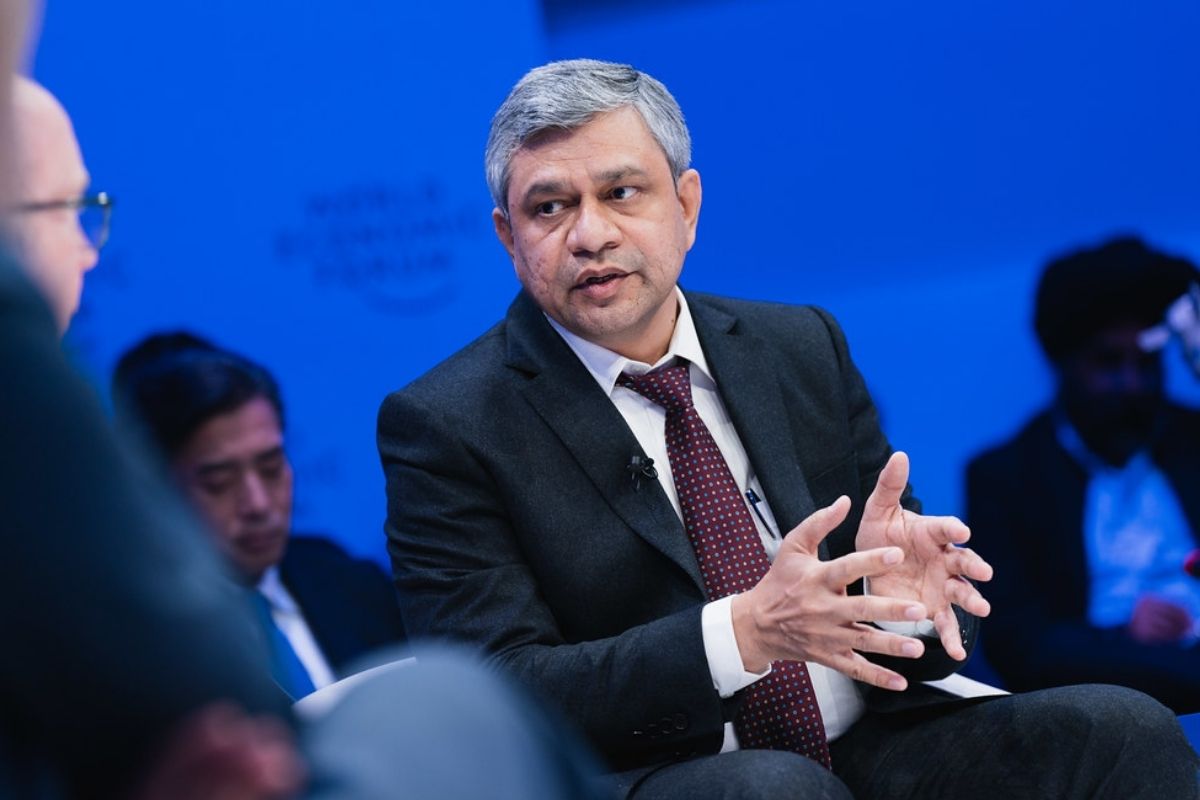
Ashwini Vaishnaw is responsible for the Railways, Communications, and Electronics & IT; thus, he is one of the key ministers for the development of the nation’s infrastructure along with the digitization processes. His primary efforts are directed towards the modernization of transport systems and improvement of digital linkages throughout the country. Vaishnaw’s role is crucial for the progress of technology.

He is the Leader of the Opposition in the Lok Sabha, and as such, he leads the main opposition party in the Lok Sabha, and provides the key challenge politically to the ruling party. His work entails mobilization of opposing forces and tackling a variety of issues that concern the country. Gandhi has still not reached the end of his political journey and continues to influence the narrative of Indian polity.

As the Minister of Commerce and Industry, Piyush Goyal currently handles trade policy and industrial functions. As part of the ministry’s efforts, he further works on increasing exports and Investment, thereby helping in economic advancement.

Mamata Banerjee, the Chief Minister of West Bengal, is one of the important opposition leaders. His administration has a wider impact on the overall governance and politics of the country as well as political dynamics for the parties in alliances.
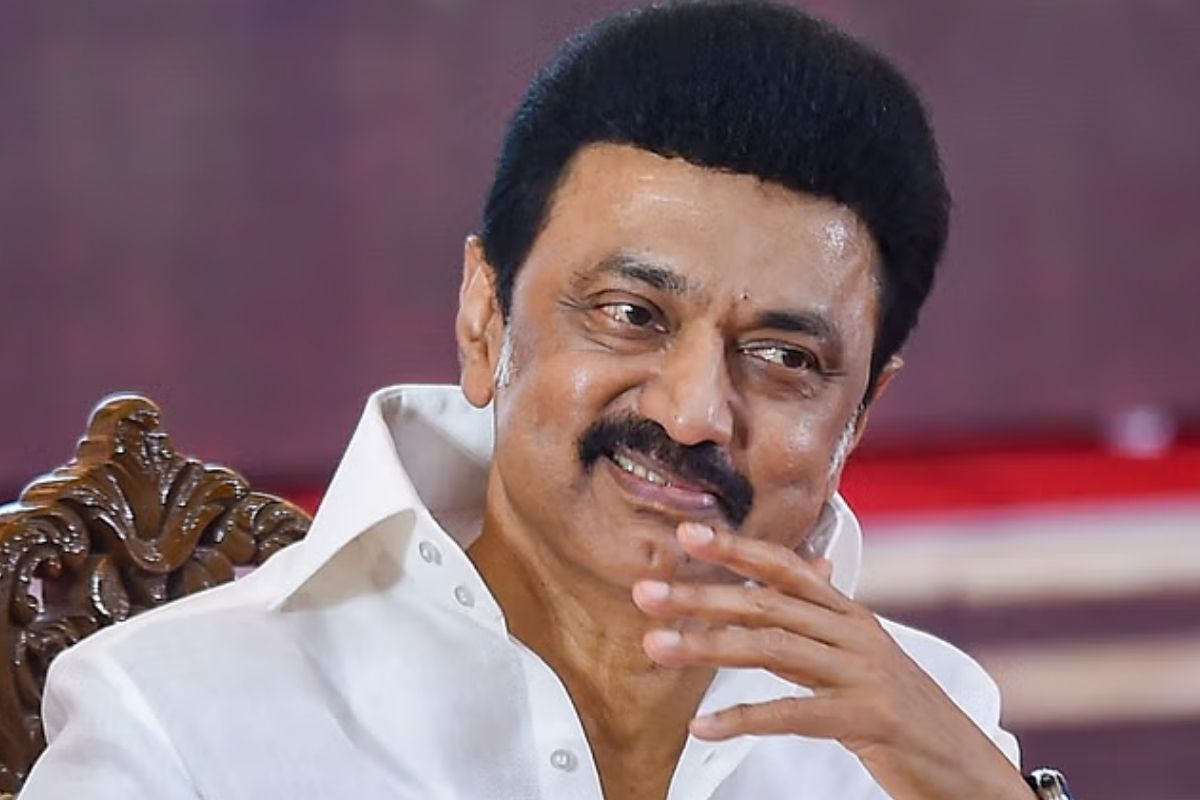
The Chief Minister of Tamil Nadu M. K. Stalin administers one of the largest states in India. His administration concentrates towards social development, educational advancement, and overall industrial growth, which results in regional development.

The former Chief Minister of Delhi, Arvind Kejriwal, is distinguished for his advancements in education, health services and governance. His policies in the capital city often serve as an example for other places.
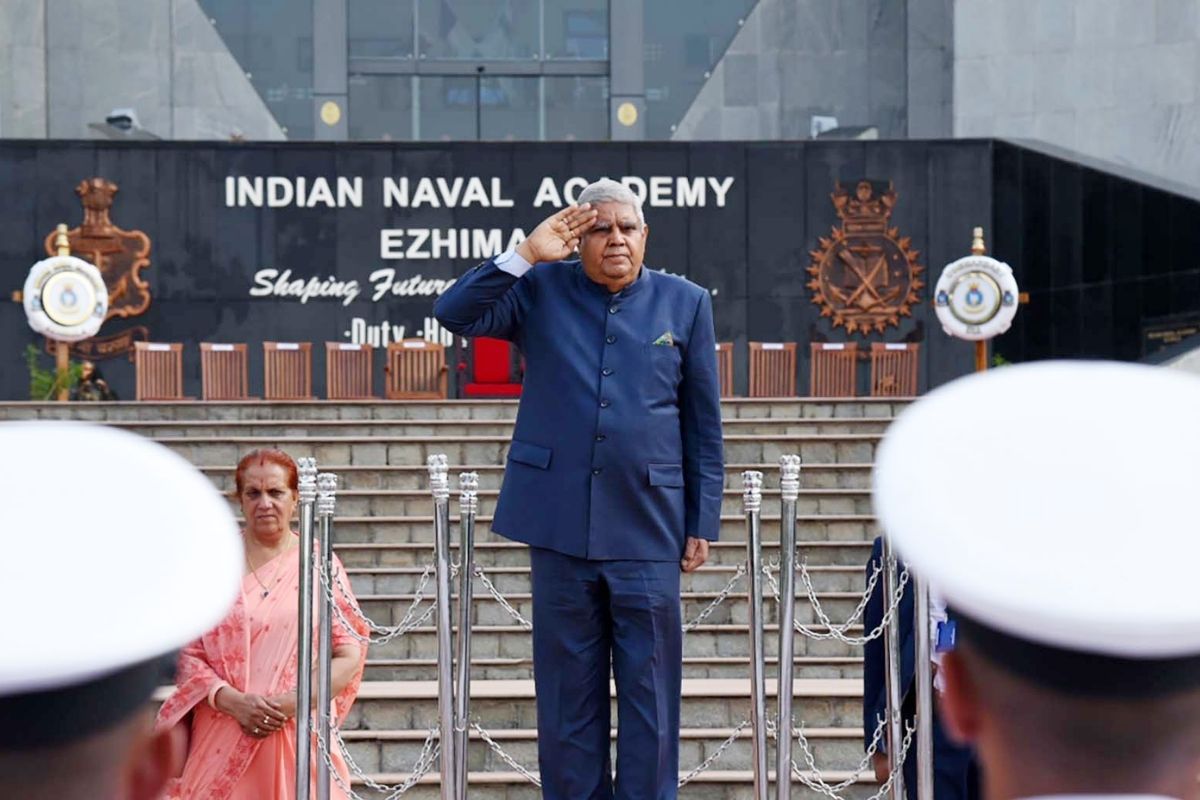
Jagdeep Dhankhar is the current Vice President of India and runs the Rajya Sabha as part of his constitutional functions. His involvement is crucial in the law-making functions of the state and maintaining the democratic working of the parliament.
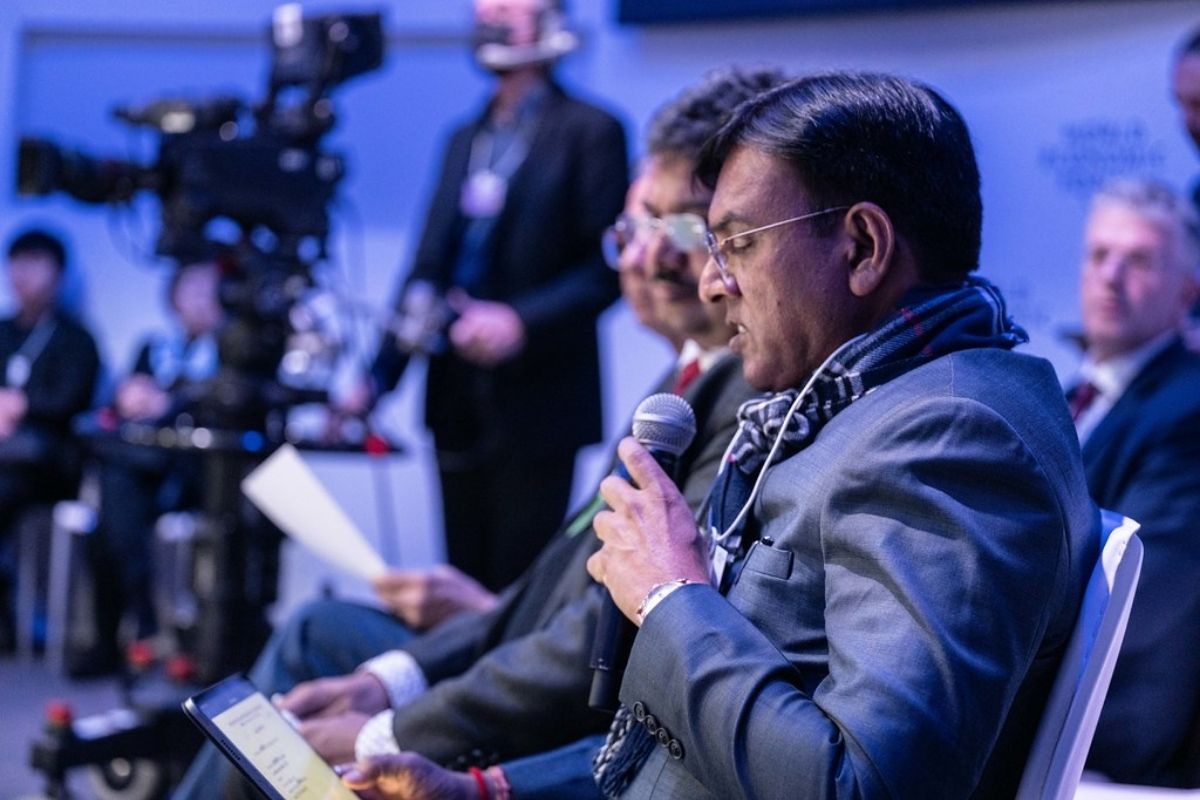
Mansukh Mandaviya is the Minister of Health and Family Welfare in charge of health policies as well as construction and maintenance of medical institutions. His active leadership is essential in navigating the operations and policies of the healthcare system.
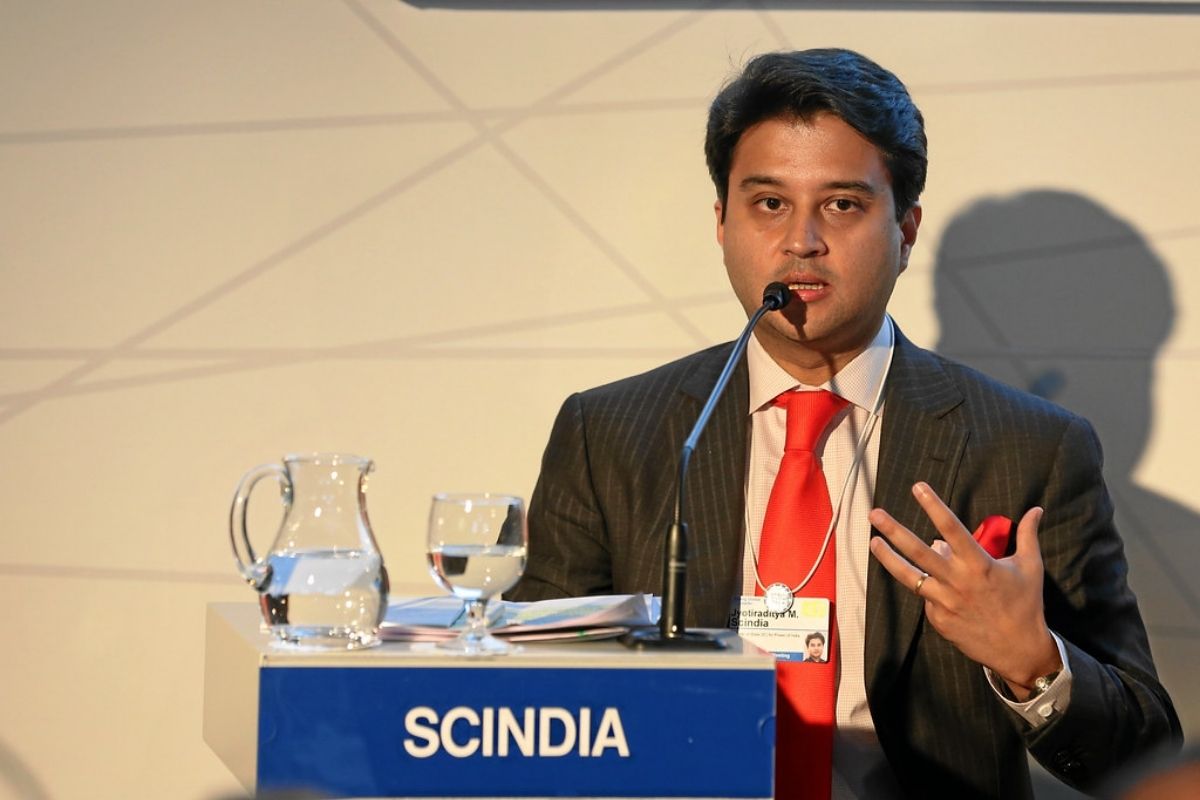
As the Minister of Civil Aviation, Jyotiraditya Scindia looks after the policies of civil aviation as well as infrastructure development. His focus is to improve the reach and modernize the civil aviation industry.
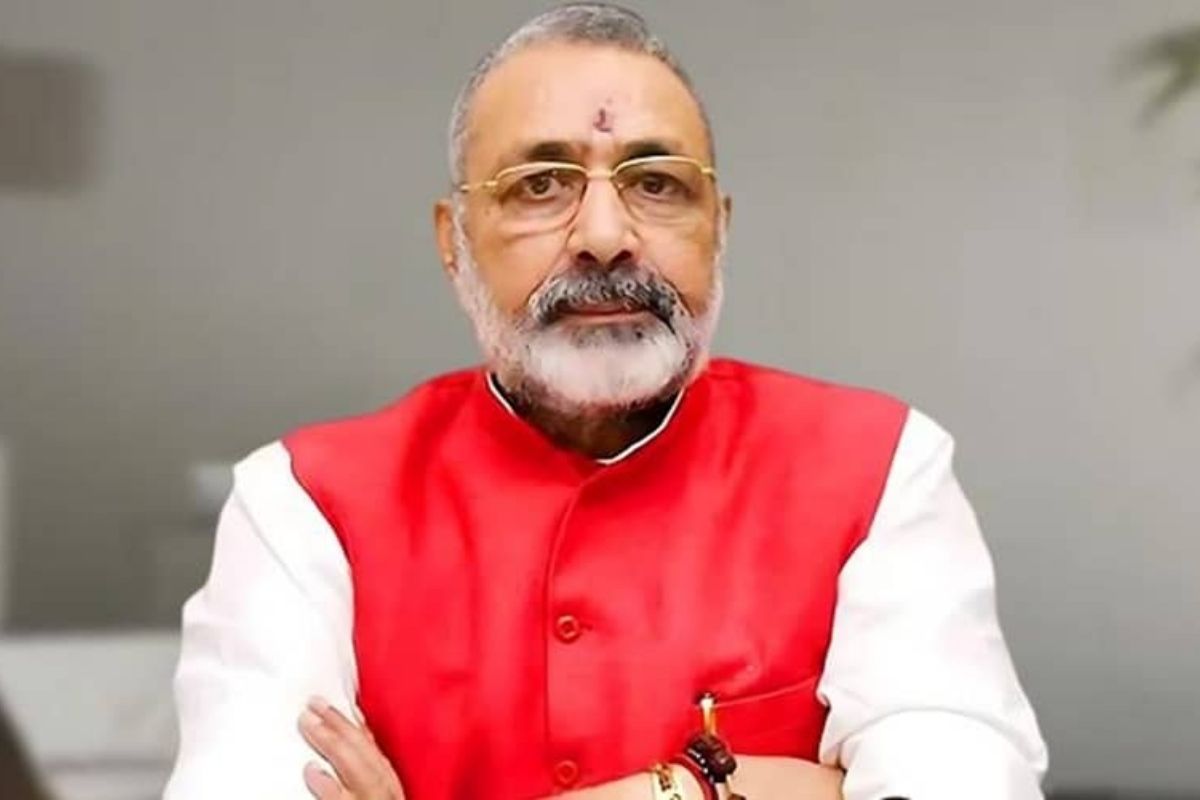
Giriraj Singh, in the capacity of the Minister of Rural Development, looks after policies to enhance rural development socioeconomic frameworks. His work promotes more equitable growth across regions.
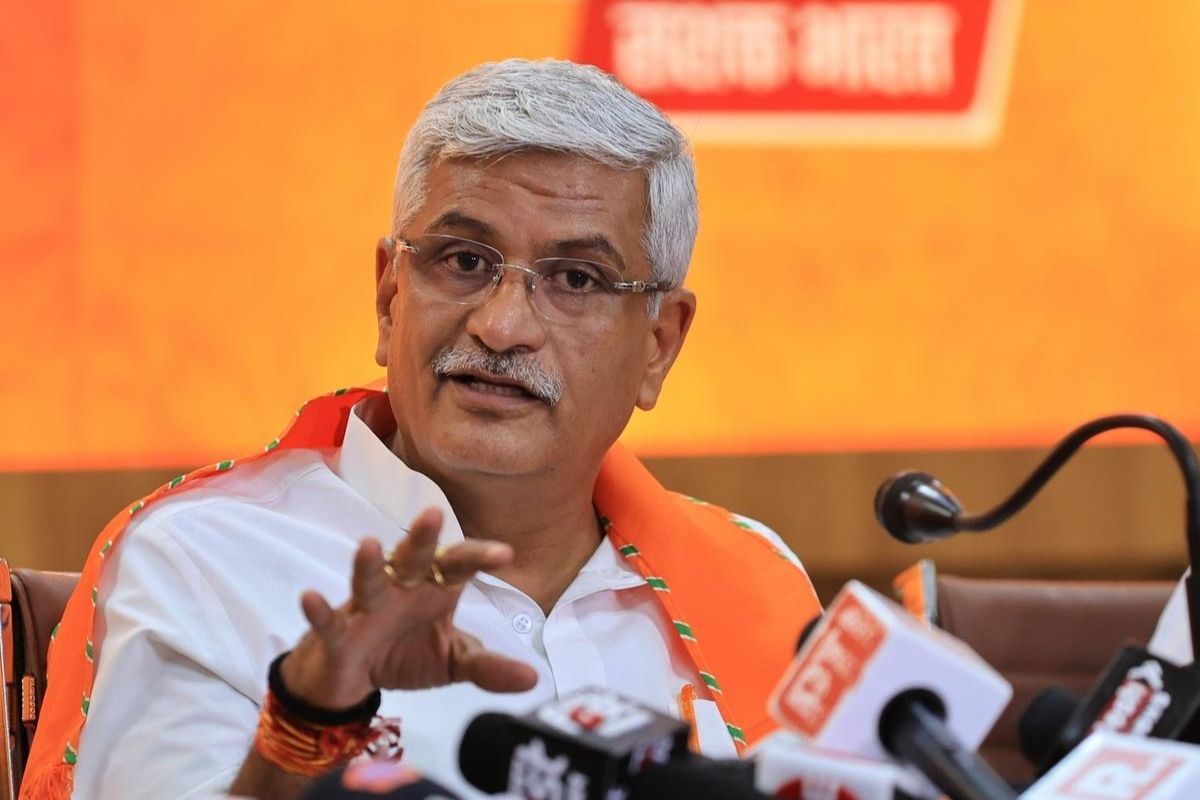
As the Minister of Jal Shakti, Gajendra Singh Shekhawat is in charge of managing water resources and sanitation services. His projects are very important for sustainable development of water resources and rural areas.
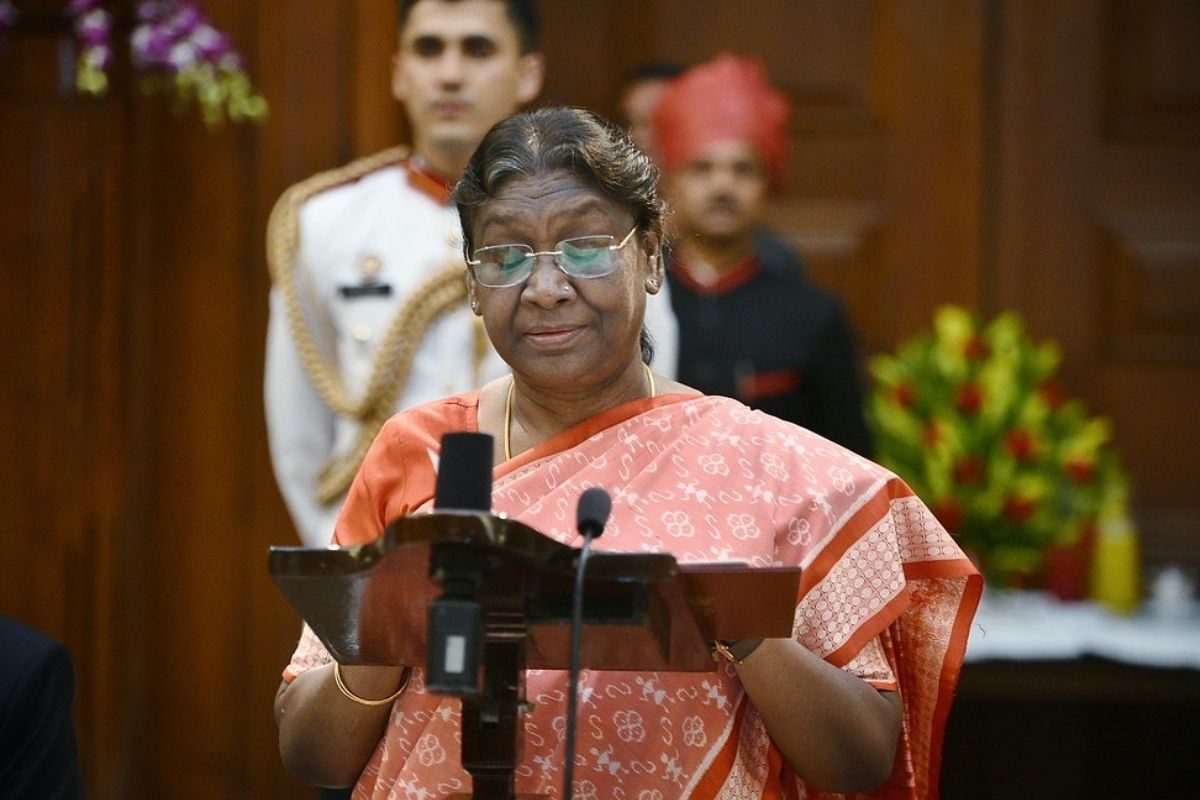
Droupadi Murmu has held office as the President of India since July of 2022. She became the first tribal woman to assume this office. Her life is commendable, as she started her career as a teacher in Odisha and climbed to the highest constitutional position in the country. As the president, she actively defends the Constitution, symbolising the unity and multiplicity of the country.
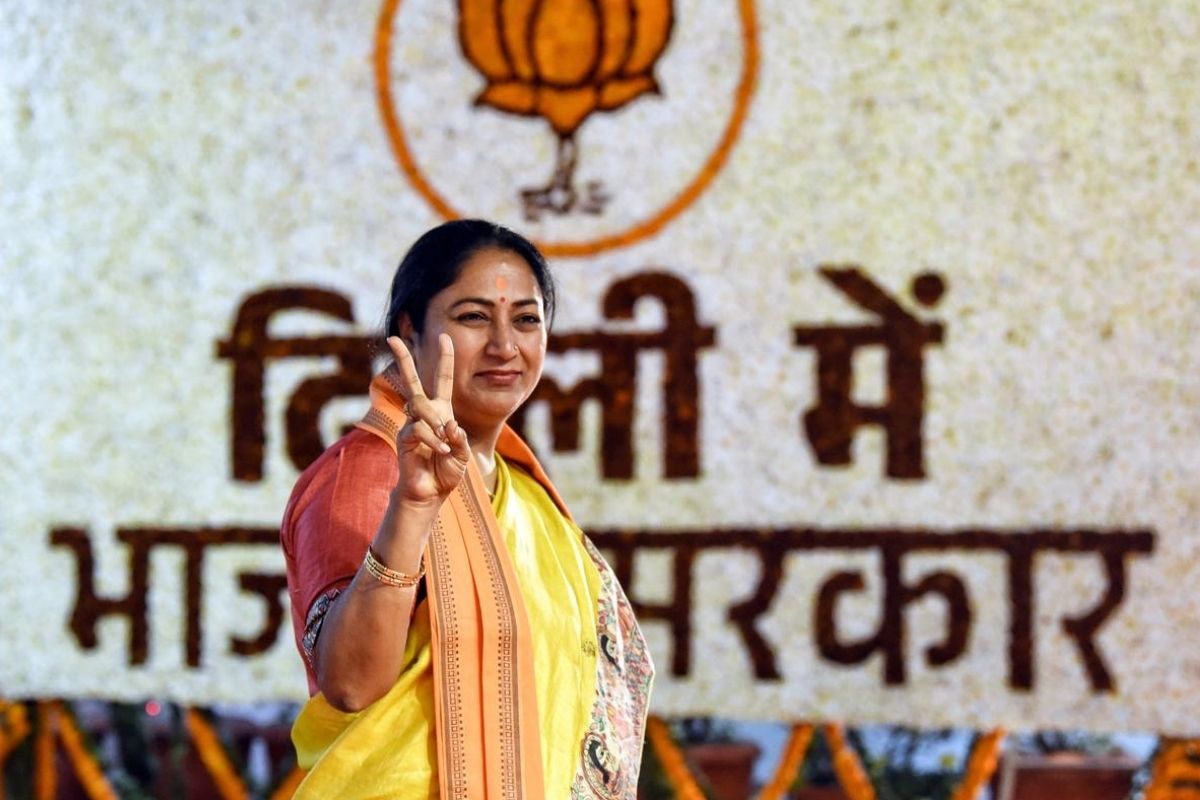
Rekha Gupta became the Chief Minister of Delhi in February 2025. She becomes the fourth woman who occupied this office in the capital city. Ms Gupta is a member of the Bharatiya Janata Party. Her political journey started from the students’ council, and then she held many office-bearing positions in the party. As Chief Minister, she emphasises the politics and the development of the capital.
Unlike other countries, India has an array of intense and notable leaders, including a Prime Minister and many regional heads, all focused on the advancement of the nation. Some focus on passing new legislation, while others devise plans related to healthcare, employment, and education. As seen in the list of the top 20 powerful politicians in India, there is a remarkable difference in the impact each one has created.

